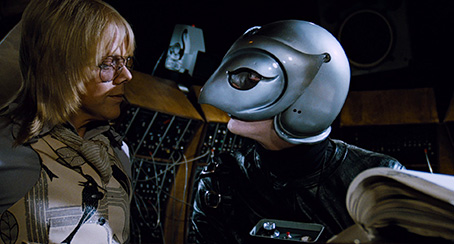Pankaj Mishra is a British-Indian writer and public intellectual who currently lives between London and Mashobra and writes regularly for publications like the NY Times and the NYRB. He started his career as a promising literary critic (Naipaul was initially impressed) but soon switched to "native informant" mode, presenting and interpreting what he described as the angst, atomization, envy and ressentiment of newly emerging and fitfully modernizing India; a phenomenon that other elite commentators and foreign visitors were presumably failing to notice. He then expanded this theme to all of Asia and has finally graduated to interpreting the Metropole to the metropolitans themselves. This could have been a somewhat risky move, since Western reviewers who received his reports about the darker nations relatively uncritically, might well know enough about their home turf to become critical. But by and large, that has not happened; reviews have generally been favorable.
This is not one of those favorable reviews.
I found the book tendentious, shallow and repetitive, with quotes and facts cherry-picked from across his vast (but chronologically limited and highly Eurocentric) reading list, full of unfounded assumptions and opinions that are casually passed off with an "as everyone knows" air in practically every paragraph.
The book begins with a brief account of D'Annunzio's occupation of Fiume in 1919. This relatively obscure episode is sprinkled with cherry-picked quotes and while the facts are mostly true, their significance is asserted rather than proven. This pattern is followed throughout the book; vast historical claims (e.g. that modernity led ultimately, not just transiently, to more immiseration in Europe; "First manifested in 19th century Europe - Bursts of technological innovation and growth offset by systemic exploitation and widespread immiseration") are casually asserted as if they are already known and accepted by all sane-thinking people. There is no systematic description of what happened economically, socially or culturally in Europe (or elsewhere) in the last 200 years, and no data is ever offered to support any claims, but since these claims (sometimes stated, frequently just hinted at) are almost all prevalent (if only vaguely and without systematic evidence) in postmodern liberal European (and Westernized Desi) circles, so the book gets a pass in those circles; but the fact is that if you stop and dig into any random claim, the tone and the details will not pass muster.
It could be objected that this is not the point of the book. As Pankaj himself puts it:
"This books is not offered as an intellectual history; and it cannot even pose, given its brevity, as a single narrative of the orign and diffusion of ideas and ideologies that assimilates teh many cultural and political developments of the previous two centuries. Rather, it explores a particular climate of ideas, a structure of feeling, and cognitive disposition, from teh age of Rousseau to our own age of anger"
He goes on to say "It tries to show how an ethic of individual and collective empowerment spread itself over the world, as much through resentful imitation as coercion, causing severe dislocations, social maladjustment and political upheaval. "
Marx said it better but this is not bad either. But unlike Marx, who offered a diagnosis and then a prescription (right or wrong), Pankaj goes on to dig through 200 years of (mostly European) intellectual history to find quotes and episodes that bewail this process of destruction of the old in action; but he never offers a diagnosis of why human beings and human societies created modernity in the first place (after all, even Europeans, or rather Anglo-Americans, who appear in this book as the only people who actually do things instead of just reacting to things being done to them, are also humans); nor does he offer any ideas about what an alternative may look like. What he does add to the diagnosis of some of the authors he quotes is a relentless focus on ressentiment as the quintessential human emotion; the secret sauce that explains everything that Pankaj does not like about the world today, from Trump and Modi to Erdogan and, somewhat surprisingly, the New York Review of Books ("a major intellectual periodical of Anglo-America").
Resentment and envy drive everything in Pankaj-world. Herder and Fichte, for example, are "young provincials in Germany.. who simmered with resentment against a metropolitan civilization of slick movers and shakers that seemed to deny them a rooted and authentic existence". This motif is repeated with variations throughout the book. Everyone (except the Anglo-Americans of course) is endlessly burning with resentment and hates who they are. It almost makes one wonder if the book is really about Pankaj digging through 200 years of intellectual history to find his own mirror image everywhere? But this would be to psychologize, and one should try to avoid that, even if Pankaj never does.












Bookmarks